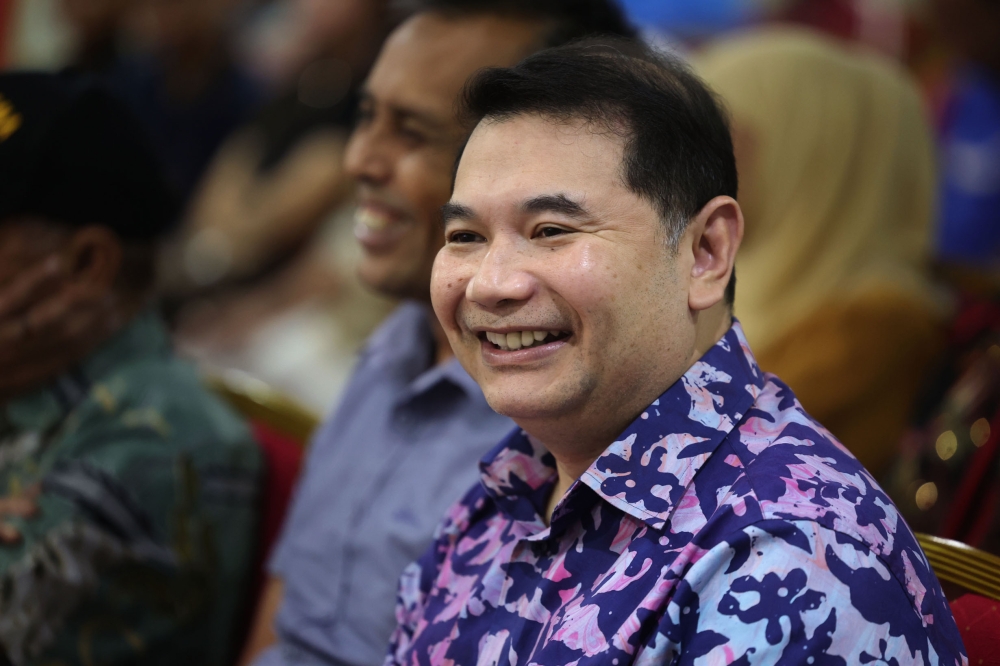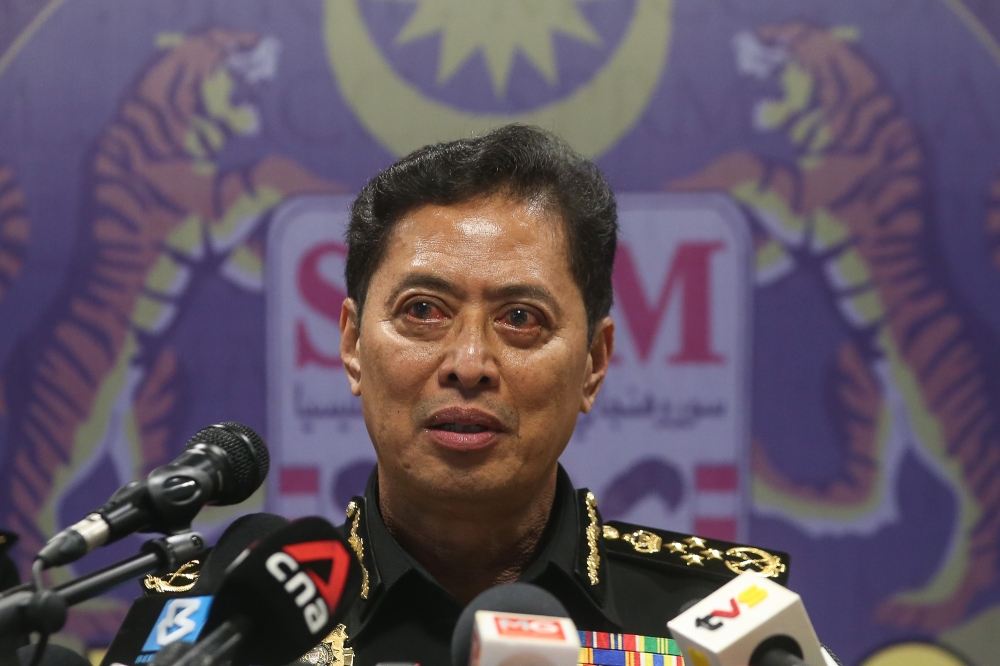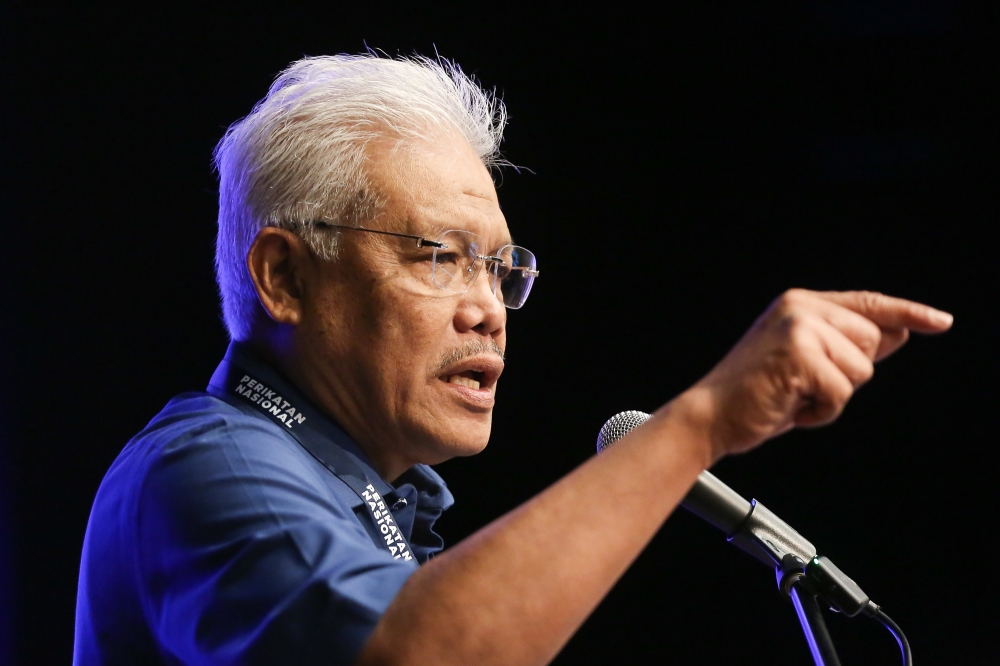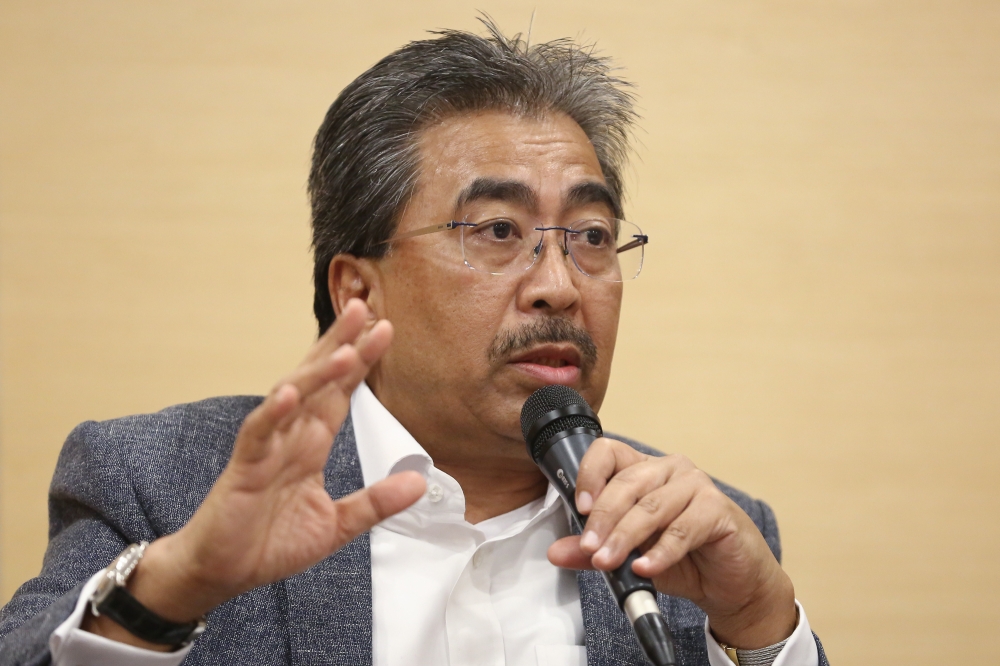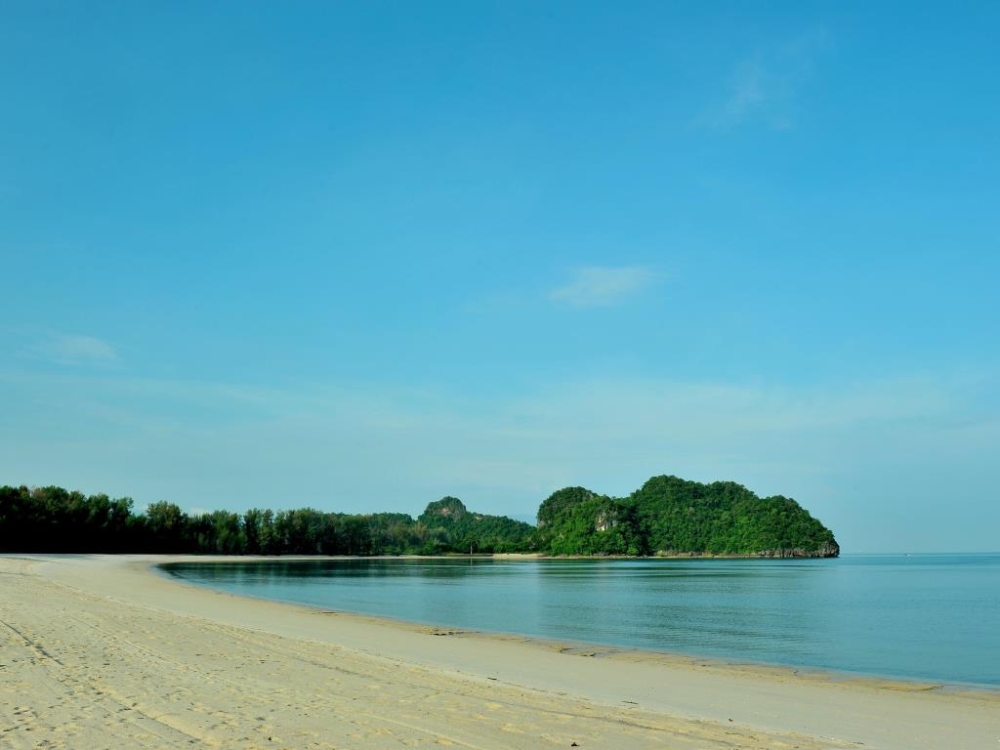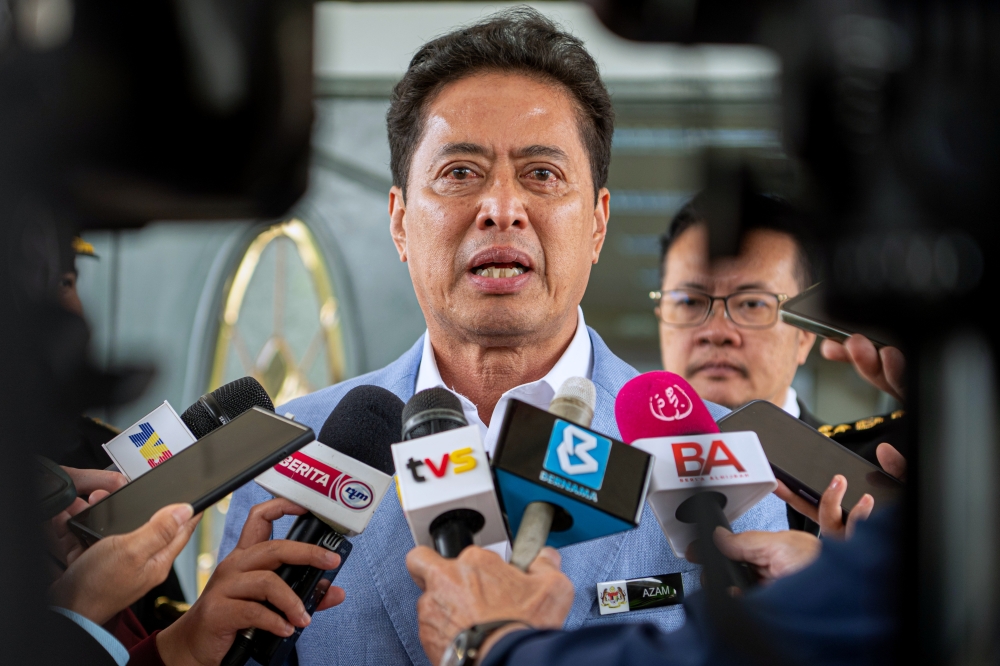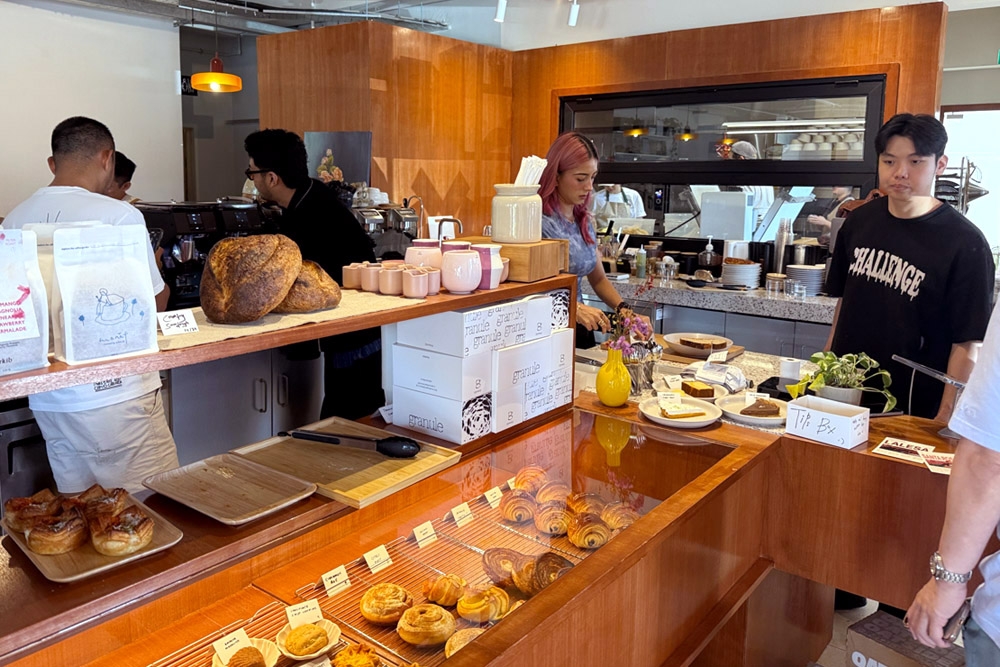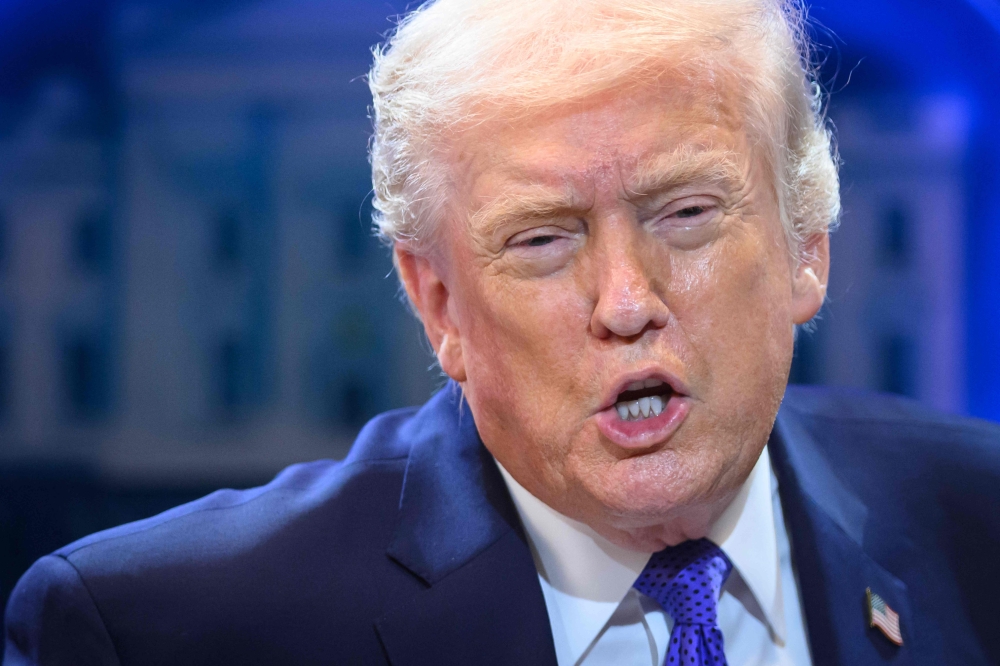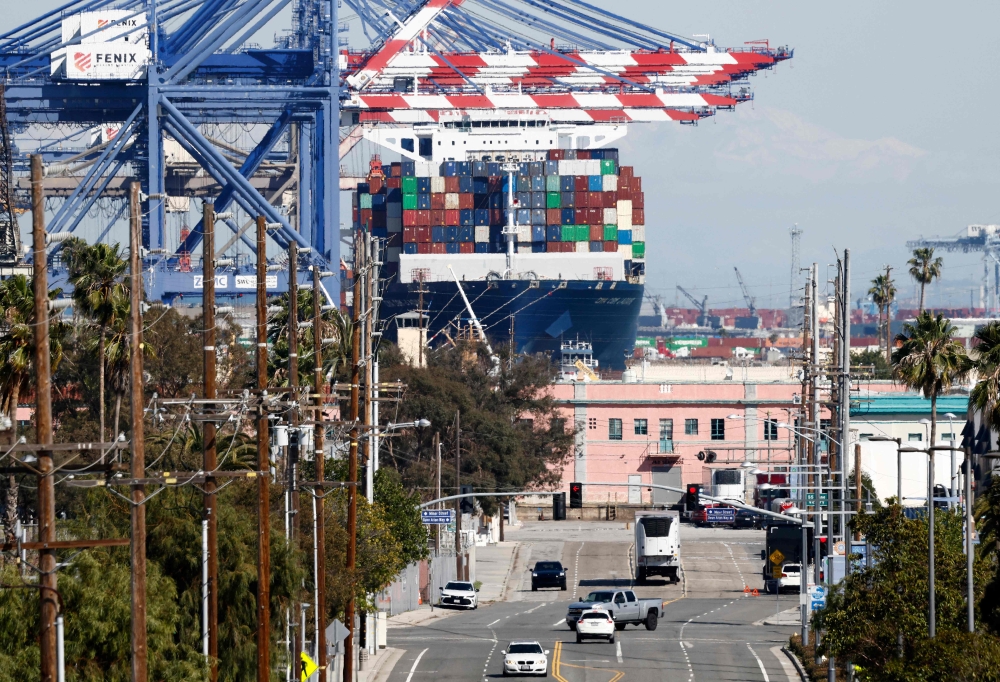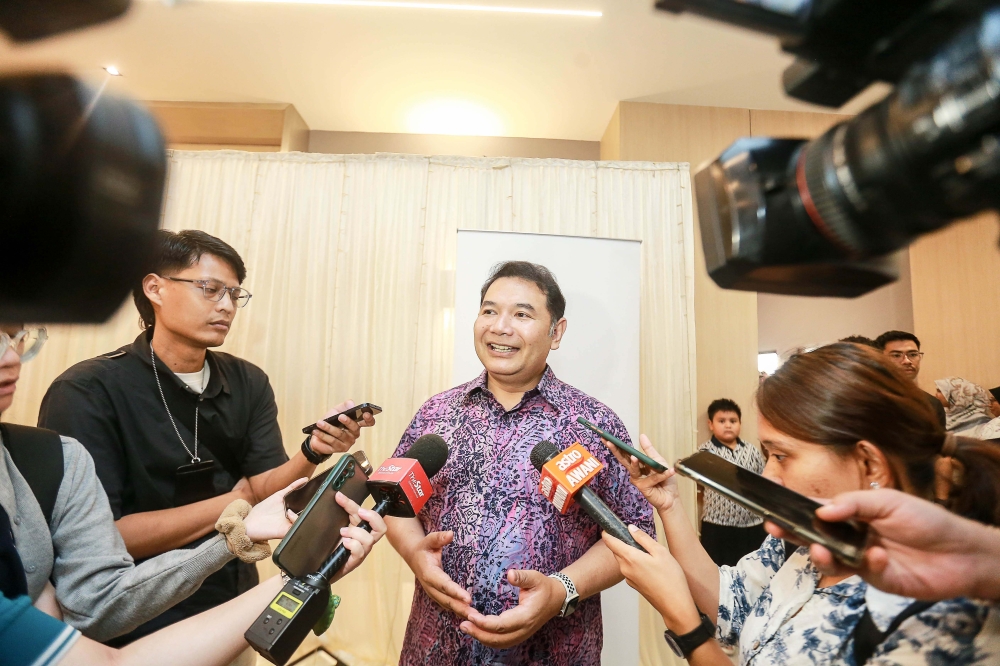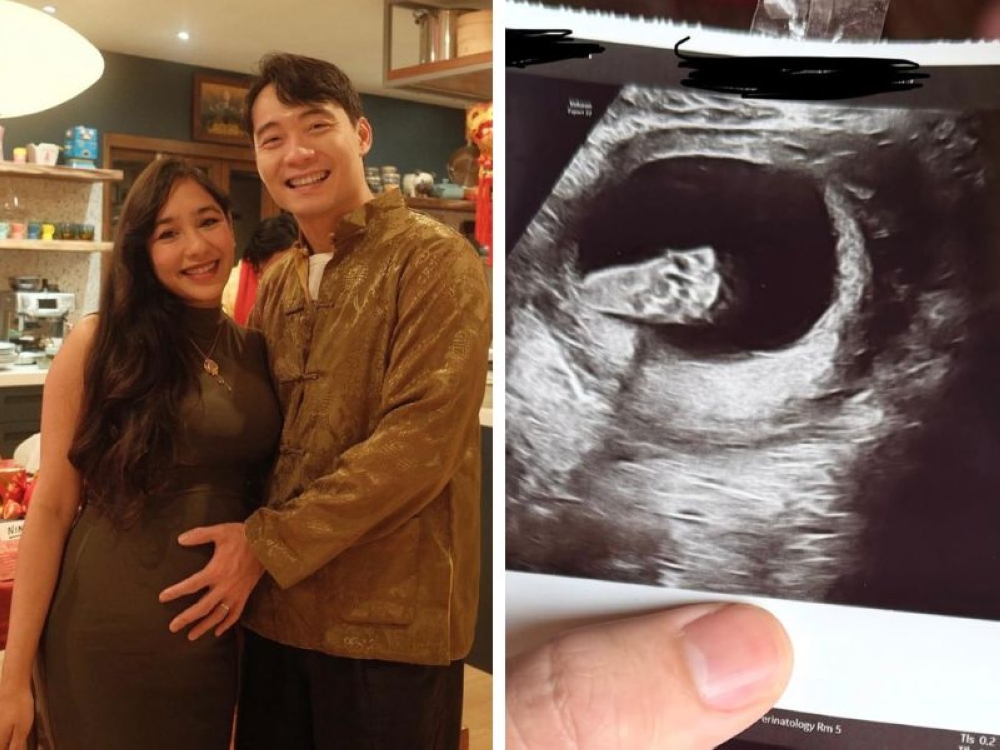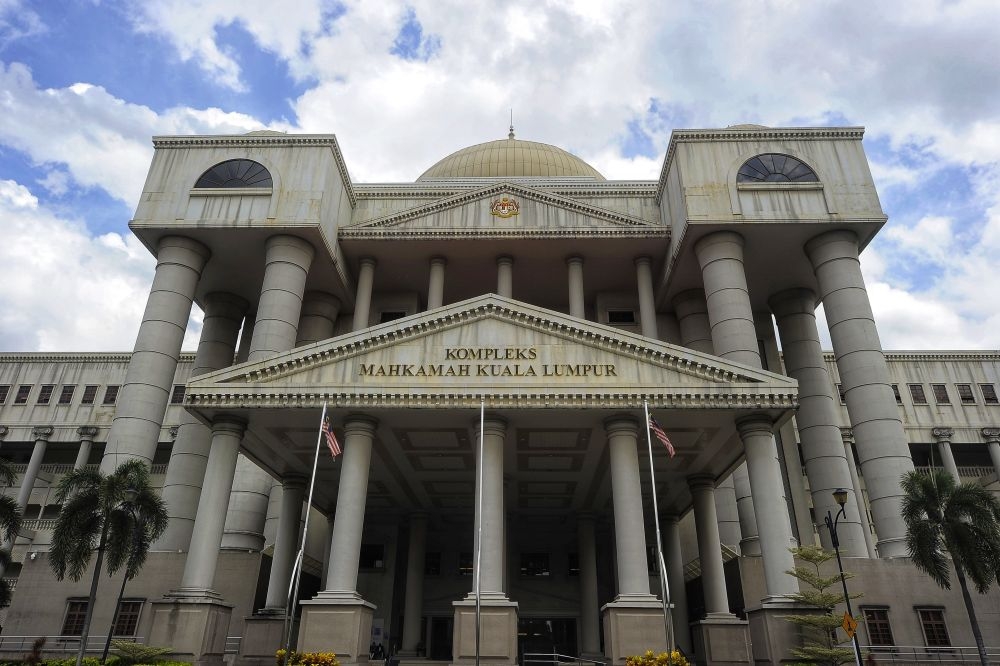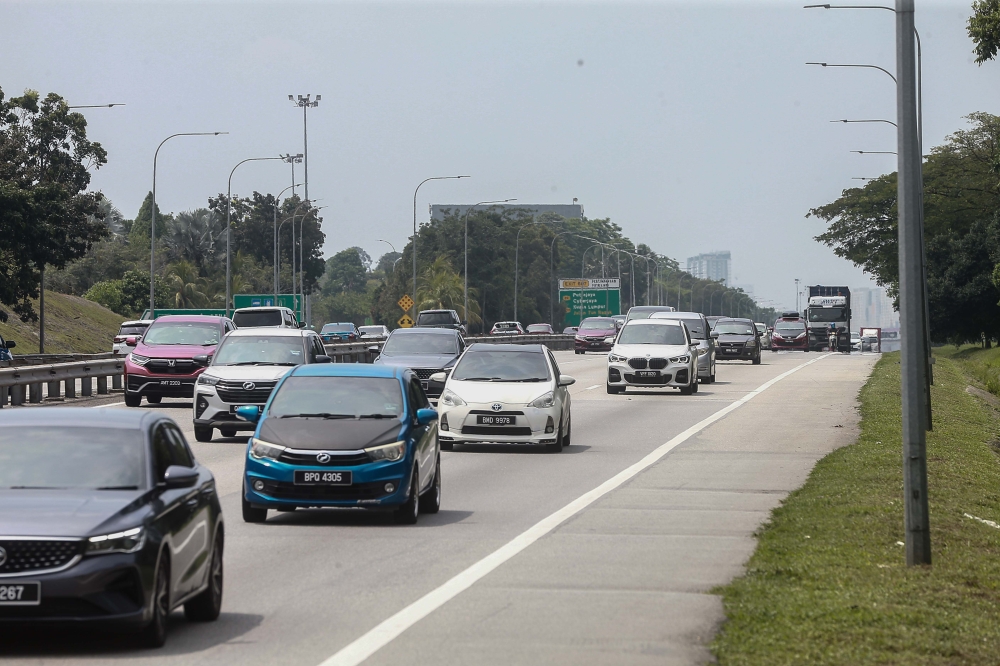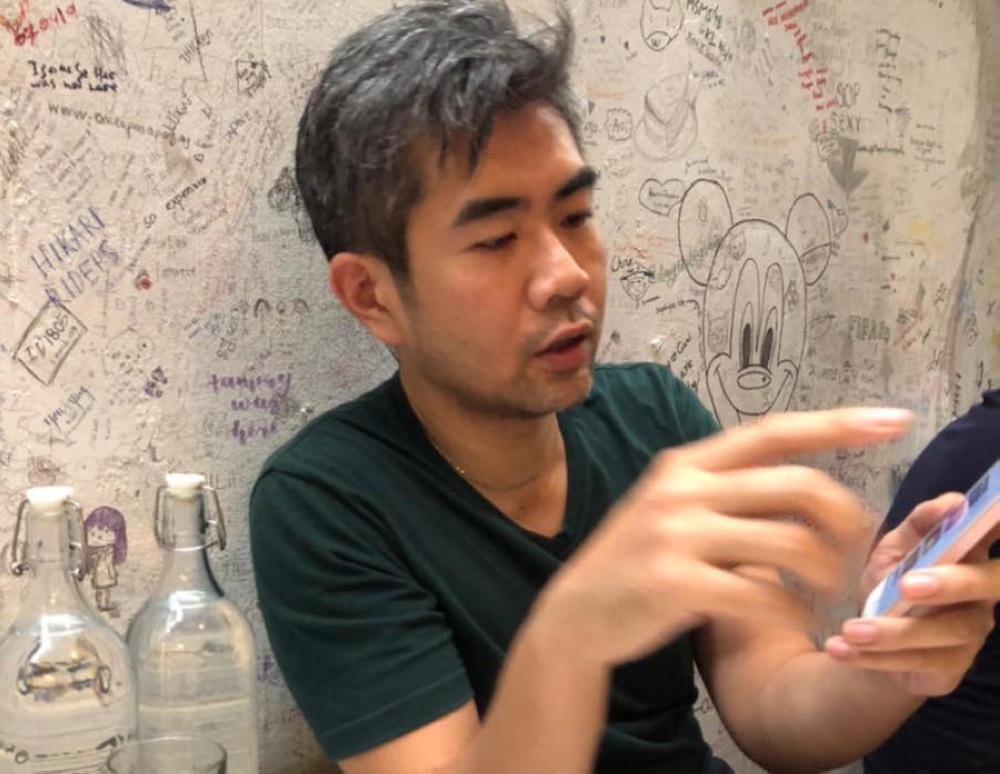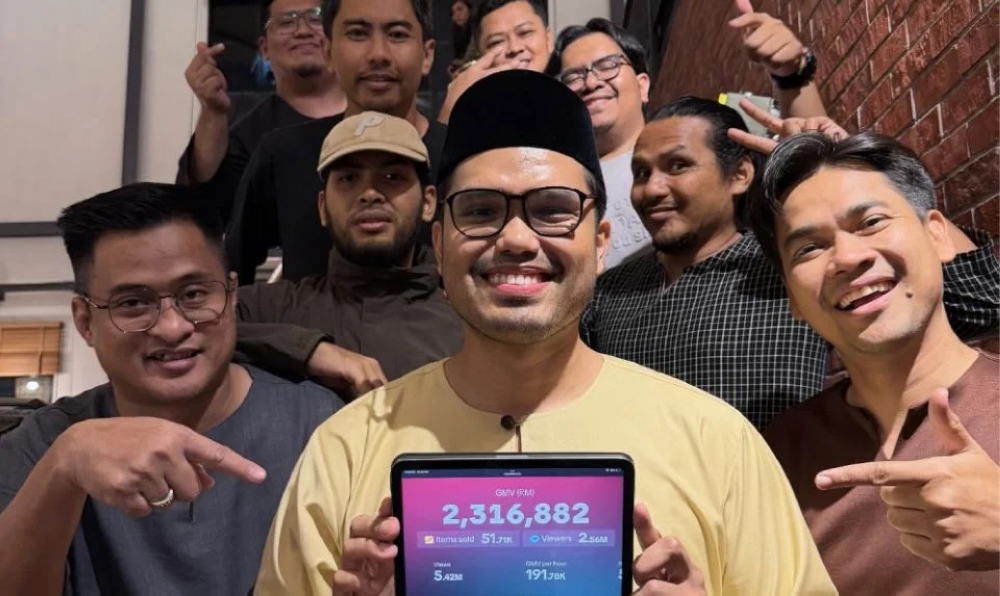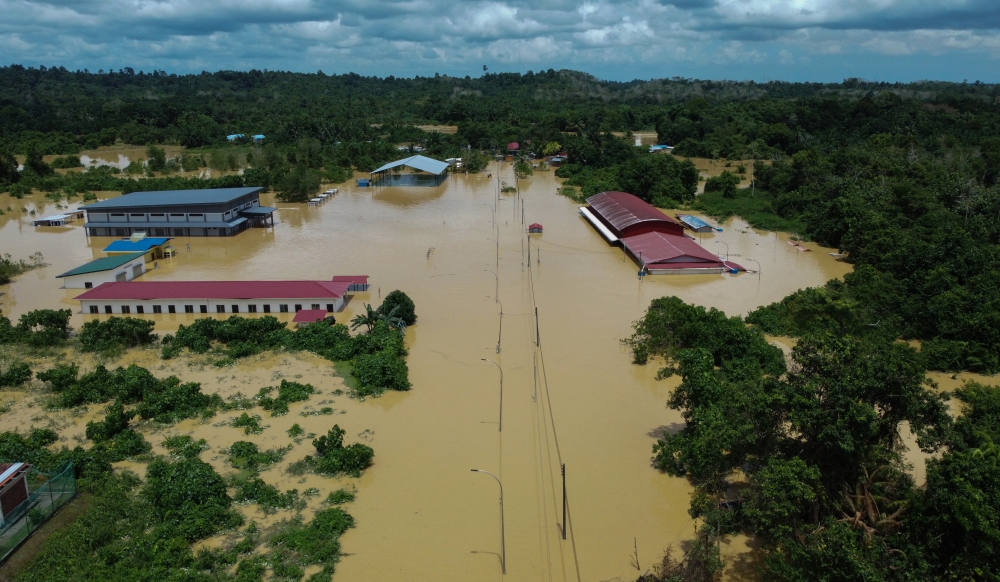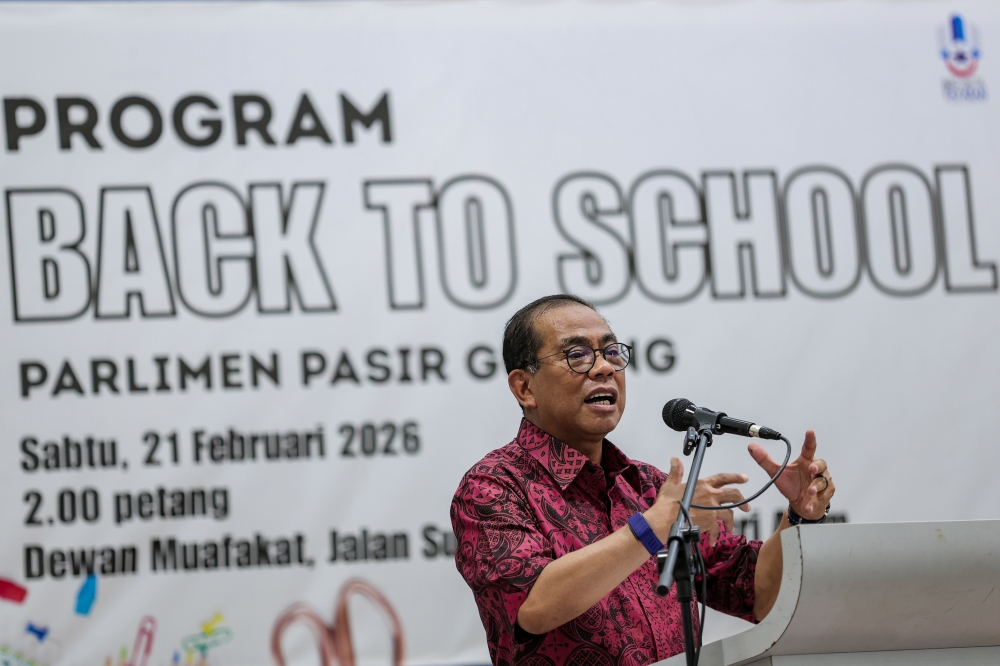KUALA LUMPUR, Sept 28 — Malaysian artist and author Cheeming Boey has written a public apology following Putrajaya's ban on one of his works, the comic book titled When I Was A Kid 3.
In a statement to Malay Mail, the United States-based Boey said he believes the ban on his book following protest from some Indonesians was a case of misinterpretation and in some cases, taken completely out of context.
“I’ve focused much of my career and energy into the betterment of Malaysia, putting my country and our culture on the map, and most importantly, to inspire the next generation.
“To offend was never the intent,” he said.
Boey has since written a public statement on social media, and said he still wishes for his side of the story to be told.
“... but I think it is important for you guys to tell my side of the story, because I owe it to the people I have unintentionally hurt, and my long-time fans, as well as every writer who has ever depended on the power of words for a living,” he said.
On his Instagram account, Boey has shared a brief background on how the When I Was A Kid series was inspired by a misconception that Malaysia was part of China.
“That question led me to write When I Was A Kid — a book of short stories about my childhood experiences growing up as a Johor boy studying in Singapore.
“The unexpected success of it after many years of rejection from publishers, changed the trajectory of my life forever,” he said in the post.
Boey explained how when he was a kid, his father disapproved of him reading comic books, and so when he embarked on the series, his goal was to write books that would educate people about life back home, and to write books his father would be proud of.
According to Boey, When I Was A Kid 3 was released in 2014, it was an instant hit, and he was invited to schools nationwide to talk about it.
"“t was a blast, and I enjoyed every interaction with my readers, both young and old(er).
“It was my first book to win first place at the Reader’s Choice Award; so to be banned almost a decade later, comes as a shock to me,” he said.
Boey believed that the chapter that led to the ban was Coconuts II.
In the chapter, he described how his father, back in the day, wanted to show him how fast his Indonesian domestic worker could climb a coconut tree. However, his father then likened the helper to a monkey climbing a tree to pluck coconuts.
Further explaining, Boey said his intent was never to denigrate, but to praise the impressive speed at which his helper had scaled the coconut tree — like a monkey. He has described in the chapter that he had also returned to the coconut tree on the same evening to try climbing the tree at that speed.
“I deeply apologise to the parties that took offence to this, and the people I have unintentionally hurt. I love, and those are not my core values. This storytelling journey has been fantastic and I have learned so much from it.
“With its ups, comes the downs, and this is a lesson I will learn from. I thank you all for this opportunity to educate and entertain,” Boey said.
The Home Ministry in a statement yesterday sent through the Attorney General’s Chambers said the government was exercising its powers under subsection 7(1) of the Printing Press and Publications Act 1984.
The subsection states that the printing, importation, production, reproduction, publishing, sale, issue, circulation, distribution or possession of the publication described in the Schedule which is likely to be prejudicial to morality is absolutely prohibited throughout Malaysia.
In June, dozens of Indonesians gathered outside of the Malaysian embassy to protest the sale of Boey’s comic book over one of its pages that denigrates an Indonesian maid working in Malaysia.
Protesters from a non-governmental organisation known as Corong Rakyat demanded the authorities stop the printing and sale of the comic book in several bookstore chains in Malaysia.

